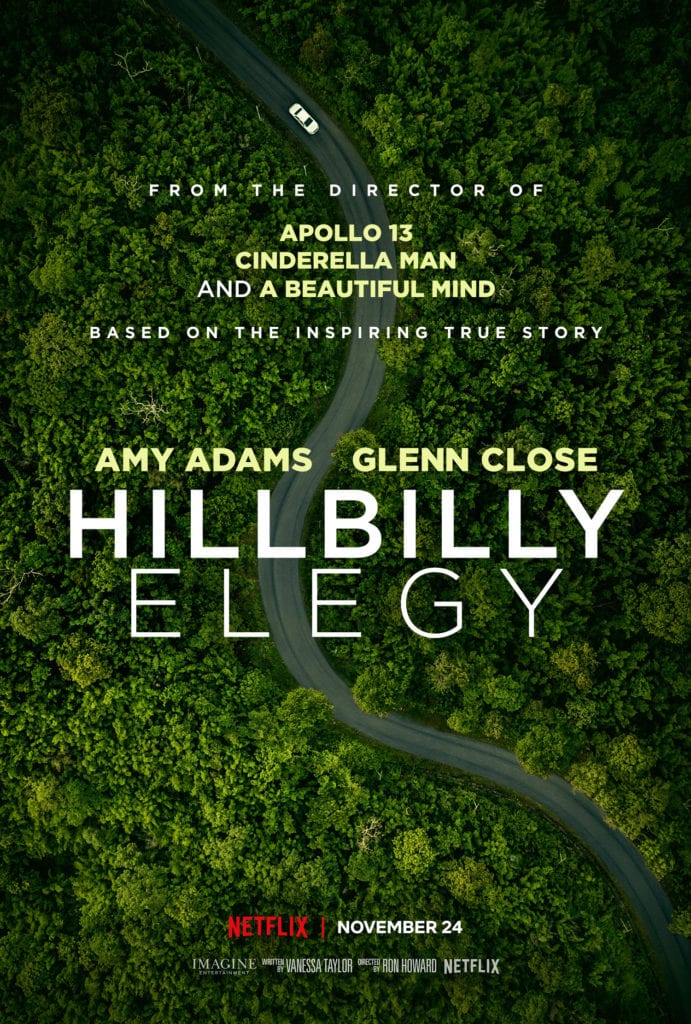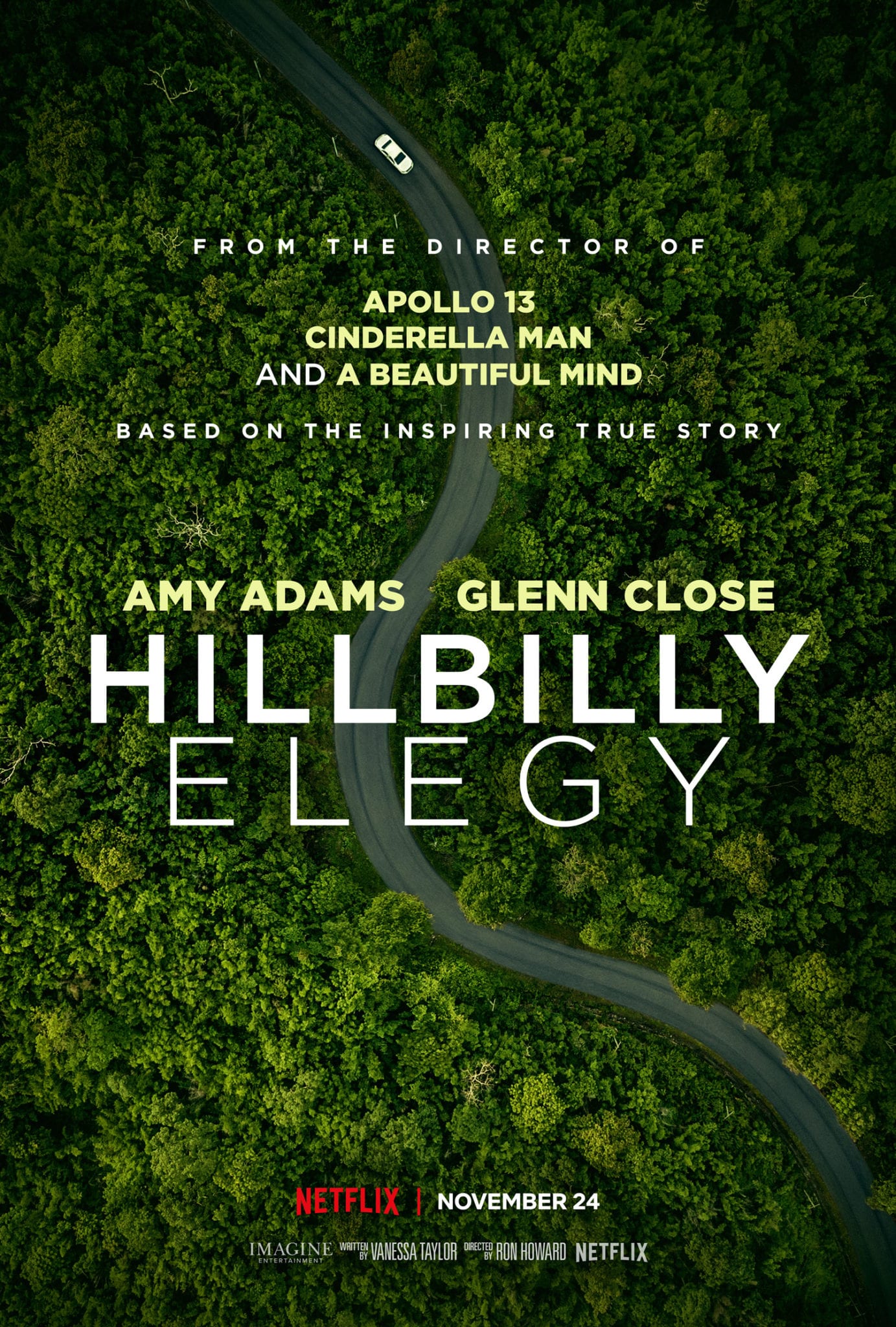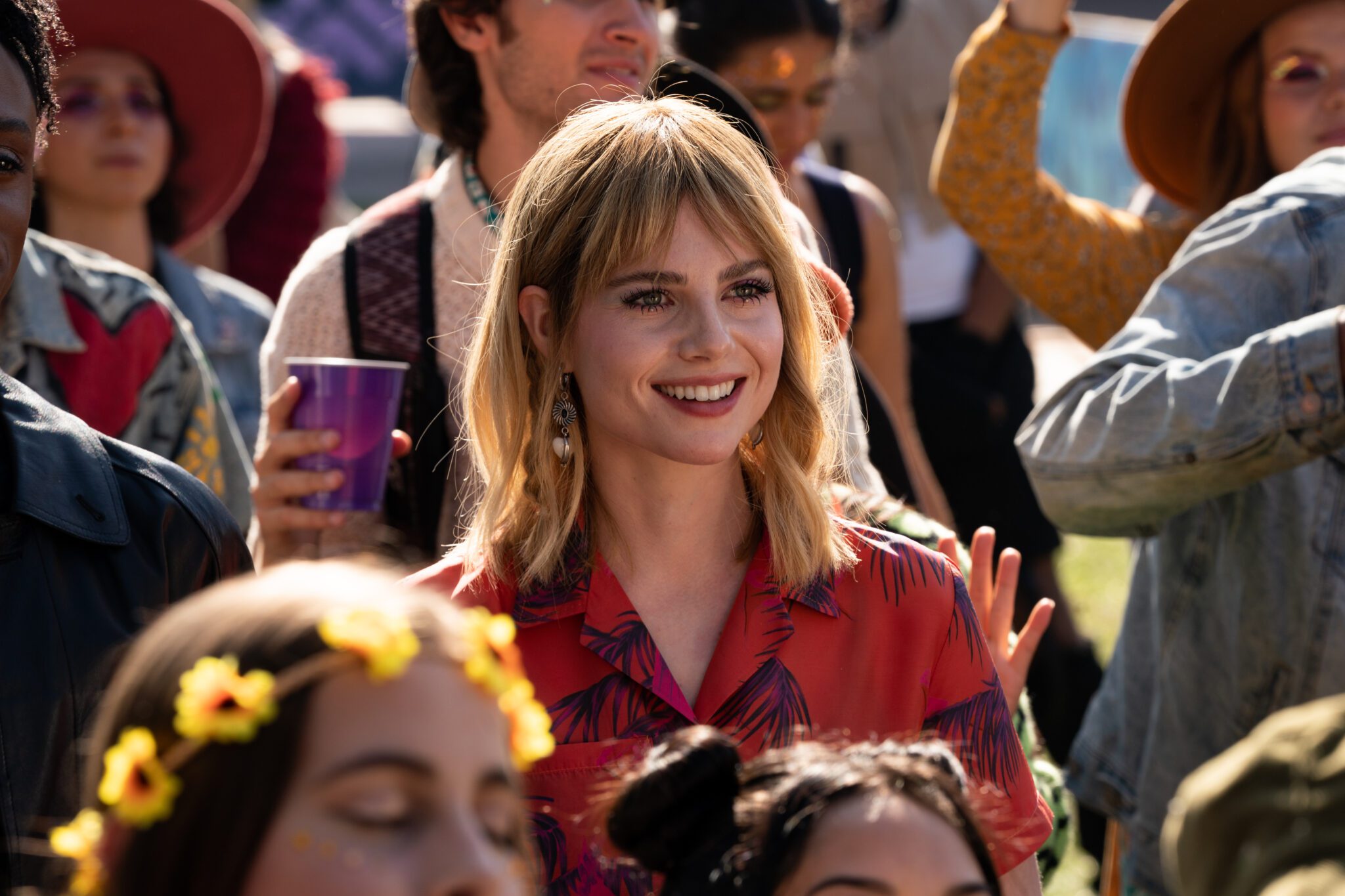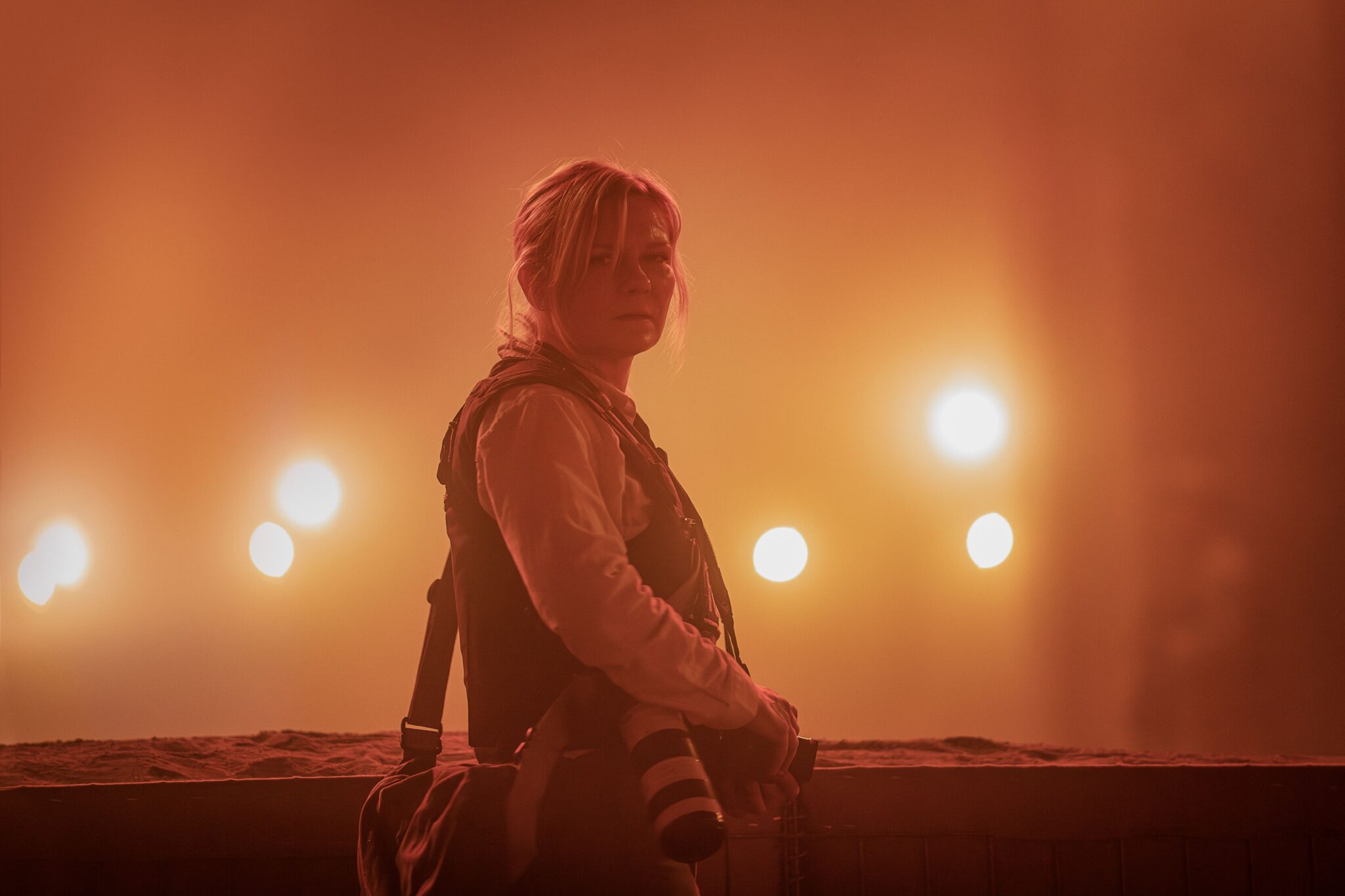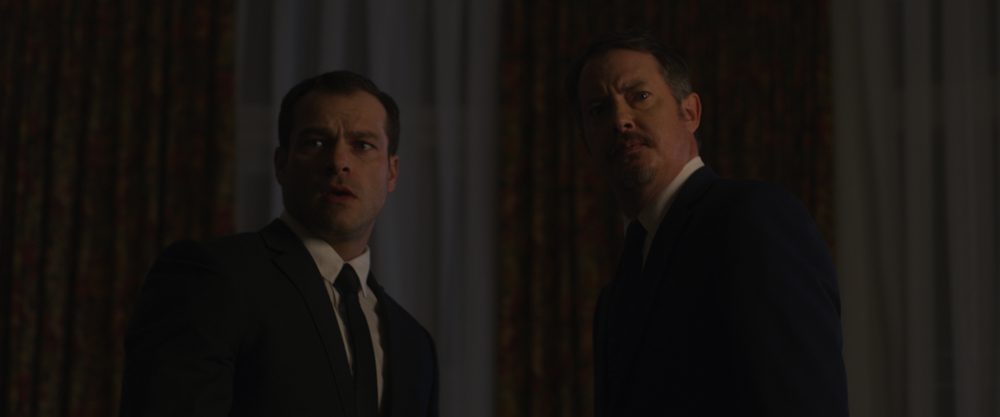I recently had an opportunity to join with some other writers in a roundtable interview with Ron Howard, director of Hillbilly Elegy, based on the memoir by J.D. Vance about growing up in Appalachia and the Rust Belt and eventually going to Yale Law School. The film deals mostly with his family life and the trials involved with his mother?s addiction and the role his grandmother had in his life. Here are some of the gleanings from the questions asked.
You?ve made a lot of films that deal with true stories and some documentaries as well. Is there something about those kinds of stories that appeal to you?
I think that maybe as I?ve gotten a little bit older I?ve found that there?s something very powerful in choosing a subject where you can witness something extraordinary?it happened. You present it to an audience not as fiction?not as something you wish could happen, but as something that has occurred. I think that in the relationship between the storyteller and the audience, there?s that understanding that in some ways allows a filmmaker to take even bigger risks with characters when it?s based on reality. I discovered that with the first movie that I took on that was based on real events. That was Apollo 13. I also found one other thing. When audiences know it?s based on a true story they tune in in a slightly different way. It?s kind of a different kind of exchange. It still meant to be exciting, exhilarating, emotional, dramatic, you know, and entertaining in those ways, but you kind of connect to audiences? hearts and minds in a slightly different way. That appeals to me.
Now as a kid, I always liked history, and the first film I ever made that was a serious film was a documentary about the Depression that I made when I was in high school. So I?ve always been fascinated by true stories. I was just afraid to delve into them and it took all the way to 1995 and Apollo 13 for me to do that. You asked about documentaries, that?s something I?ve only had the nerve to try in the last six years or so, and I really, really enjoy it. I never want to give up scripted films and television shows, because I love working with actors and creating moments, but there?s something about capturing events and recounting them that?s a different kind of creative exercise and a slightly different kind of storytelling, but more alike than I guessed it would be. I?m able to use more of my experience on a documentary than I ever thought I could. I feel very grateful that through Imagine Entertainment and various relationships that I have this opportunity to work in different media.
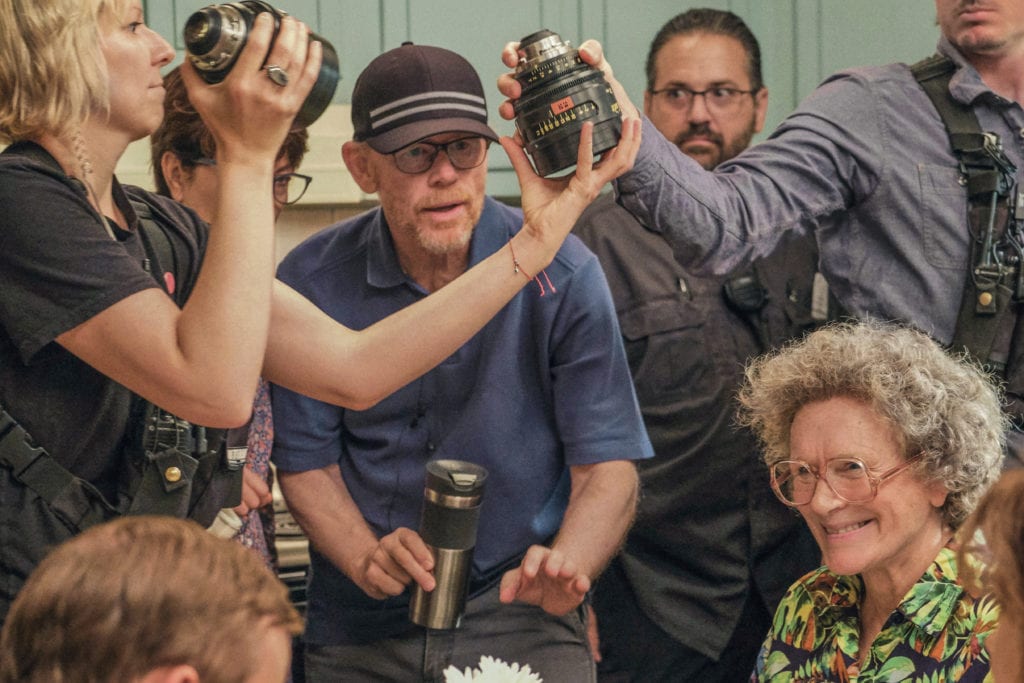
This is a story about American mythology. What can we tell about ourselves in these characters regardless of where we come from?
Of course, that?s a very personal thing. It deals with different relationships and aspects of J.D.?s life and his family?s experience. There are multiple themes and story values. People are going to take from it what they will and evaluate it through their lens. That?s fair enough. When I read the book, I didn?t believe that there was a movie in the big sociopolitical overview. Which is interesting. I enjoyed reading what J.D. had to say and what he thought. But it was the family that intrigued me. What I felt I could relate to, of course, was some of the cultural specificity and understanding specific reasons behind the economic hardships that family faced and some of the cycles of abuse and addiction and whatnot, which is very powerful. But I really hope that people realize that I was looking not broadly at an entire generation or society. This is J.D. Vance?s family story. To the extent that it does reverberate in people?s lives, I think it goes far beyond Appalachia or the Rust Belt. I think what?s interesting about it is in addition to that cultural specificity, you do have the sort of universal shared sets of experiences. I was enthusiastic about the possibility of offering new perspectives on this kind of shared humanity. I hope it does resonate with people from all corners of the country.
When asked about where this film fits within the thread of his other works, Howard began pointing to the place of family in some of his films.
It?s my first family story that is based on real events. Well, Cinderella Man was arguably a family story as well. I care about characters. I care about dimensional characters. I?m not that interested in bad guys. I?m really interested in how people work together to try to achieve something. When you talk to J.D., he does not think of this as a pull yourself up by the bootstraps type story at all. He thinks of it more as a rescue story. He feels that he simply would not have been able to achieve any of these ambitions, any of these goals, without the important women in his life, especially Mamaw, and his sister Lindsey, and then later Usha, and even his mother Bev, despite all her difficulties, was able to be there for him at a couple of times and allow the right things to happen. I think that really interested me. That this is a story about people who could have difficult lives, packed with regret, some of which they own, some of which they feel the victims of, but at a particular moment, they may have the opportunity to make a huge difference in a life of somebody they care about, and change the course of a family.
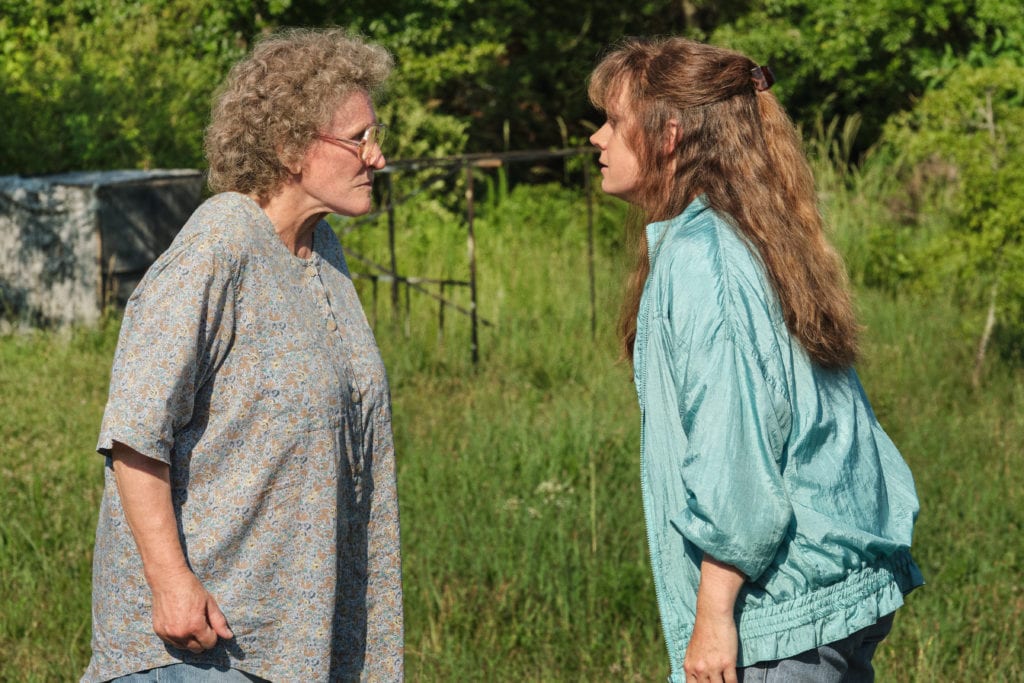
He continued in this theme when asked about the way the women in this story filled in for the absence of a father figure.
J.D. himself leaned very heavily on Papaw. In his mind his grandfather Papaw was a great guy. After he passed he began to recognize that Papaw had made some mistakes and some regrettable decisions along the way. It wasn?t until he was older that he began to realize that it was in fact the women in his life who had made the difference. When I asked him, ?When we were beginning to adapt the book, what were the two most dangerous periods in your life? I have to narrow this story down. Where were you the most distressed?? He cited these two times: when he was 13 and 14, and then again when he was at Yale. I was surprised by the Yale answer. I thought it might have something to do with the Marine Corps, which was so important to him. He said ?Well, the Marine Corps was important, but almost 100% positive?once you got out of boot camp. It was a great growth experience for me and an opportunity I?m grateful for. But it was Yale where it almost all came tumbling down.? I found that very surprising, but it was at Yale that he began to realize that there was so much he could lose. As a boy he felt bad. He really wasn?t happy. He knew something was wrong, but he couldn?t much see the future. He couldn?t see the forest for the trees. At that time he didn?t even realize he?d been rescued by his very heroic grandmother. Later he fully understood that. In a lot of ways that?s why he wanted to write the book.
What were the hardest parts of trying to adapt this book that has so many different levels to it?
I think you just said it: there were so many different levels. This is one of those things where it?s very trying to decide what you want to leave out. By the same token, what I liked about it, unlike other movies based on real events that I?ve done that were tremendously eventful?whether it was about race car drivers or Nobel Prize winning schizophrenic geniuses or going to the moon?this was about the turning point in our lives that to anybody else on the outside, you might not even notice it happening, but within your family it?s historic. It?s seismic. It?s trying to find those twists and those turns and those turning points in J.D.?s life that were really the ones that we needed to dramatize. So we started looking at these two crisis points. It?s tricky, because it?s nonstop struggle. You don?t get a lot of comfortable time in the movie recognizing the times of peace and harmony, which there were some. But this is about these two periods when he was most in jeopardy?emotionally and to some extent physically, and when his future was most in doubt. It was really filtering through his life not just the book but also all of the interviews and identifying something we could present within the framework of an entertaining, engrossing, suspenseful, emotional movie narrative so that people could sit and watch it and lose themselves in it in a way you hope they will.
